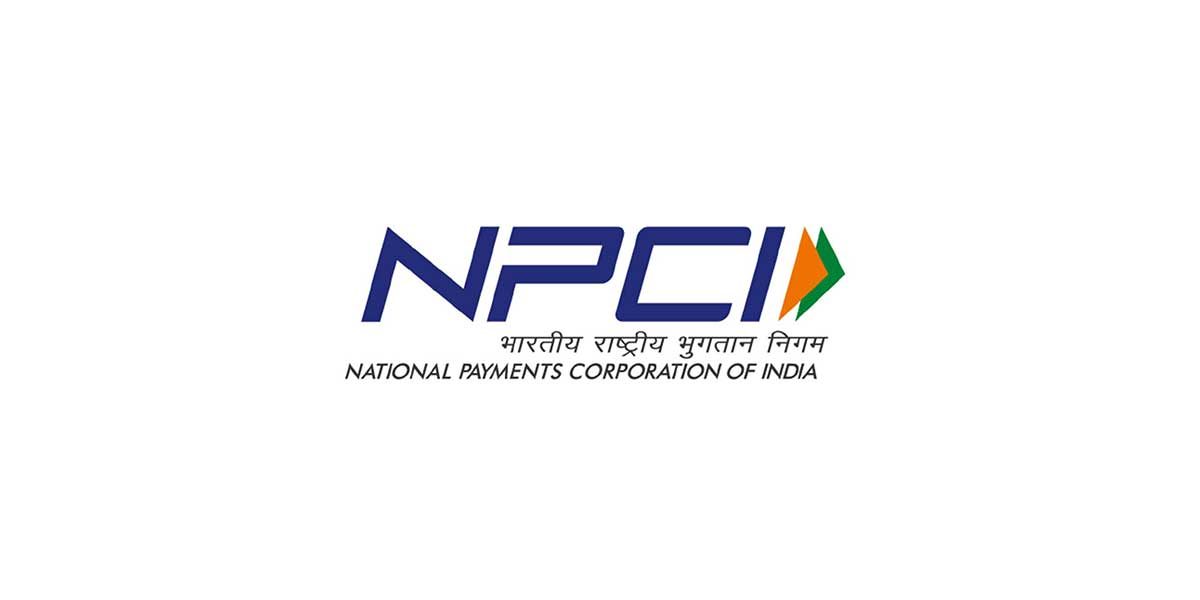The recent launch of BHIM app, backed by National Payment Corporation of India (NPCI), was hailed in the fintech space as many saw it as a push by the government towards cashless economy, which will help the entire ecosystem.
In the past few months, there has been a strong support by the NPCI to make BHIM app a hit, besides, the government’s plan to outlay nearly Rs 500 crore for cashback and bonus only for this UPI app.
These new developments have touched off jitters among entrepreneurs who see the growing clout of BHIM as a threat to their payment platforms.
Amidst this, several leading entreprenuers in the payments sector, including Paytm’s Vijay Shekhar Sharma and PhonePe’s Sameer Nigam, have recommended to the Prime Minister and the government that the NPCI be made a neutral body to ensure a level-playing field between banks and private tech companies.
Besides Sharma and Nigam, other members from some other payment companies such as Mswipe and Instamojo were also part of the group which sent its recommendation to the PM and the government..
“We asked that NPCI must not be only owned by banks and that it should ensure there is a level-playing field between banks and other players,” one of the entrepreneur told ET.
NPCI’s 74.7 per cent of the shareholding is held by 10 promoter banks. Last year, NPCI broad-based its shareholding base to 56 banks from 10 banks earlier, and the shareholding of public sector banks as a group is now 57 per cent, while that of private sector banks is 17 per cent.
The Ratan Watal committee report released last year had also recommended that NPCI move towards diffused shareholding while also stating that the ownership structure of NPCI might be conflicted with its pivotal role in the digital payments ecosystem.
“The committee feels that it might be desirable to explore ways in which the shareholding could be diffused, and ownership of NPCI be demutualised from the payment system participants. For example, at least 51 per cent of the paid up equity share capital could be held by the public, with no person individually or through persons acting in concert should hold more than 5 per cent of the shares of the company,” the committee said.













